Long COVID has puzzled scientists and patients alike, with “brain fog” emerging as one of its most common and perplexing symptoms. This condition, affecting clear thinking and concentration, has left many searching for answers.
Recent studies have begun to shed light on potential causes, pointing to changes in the body post-COVID-19 infection that could explain these cognitive struggles.
The Blood-Brain Barrier Mystery
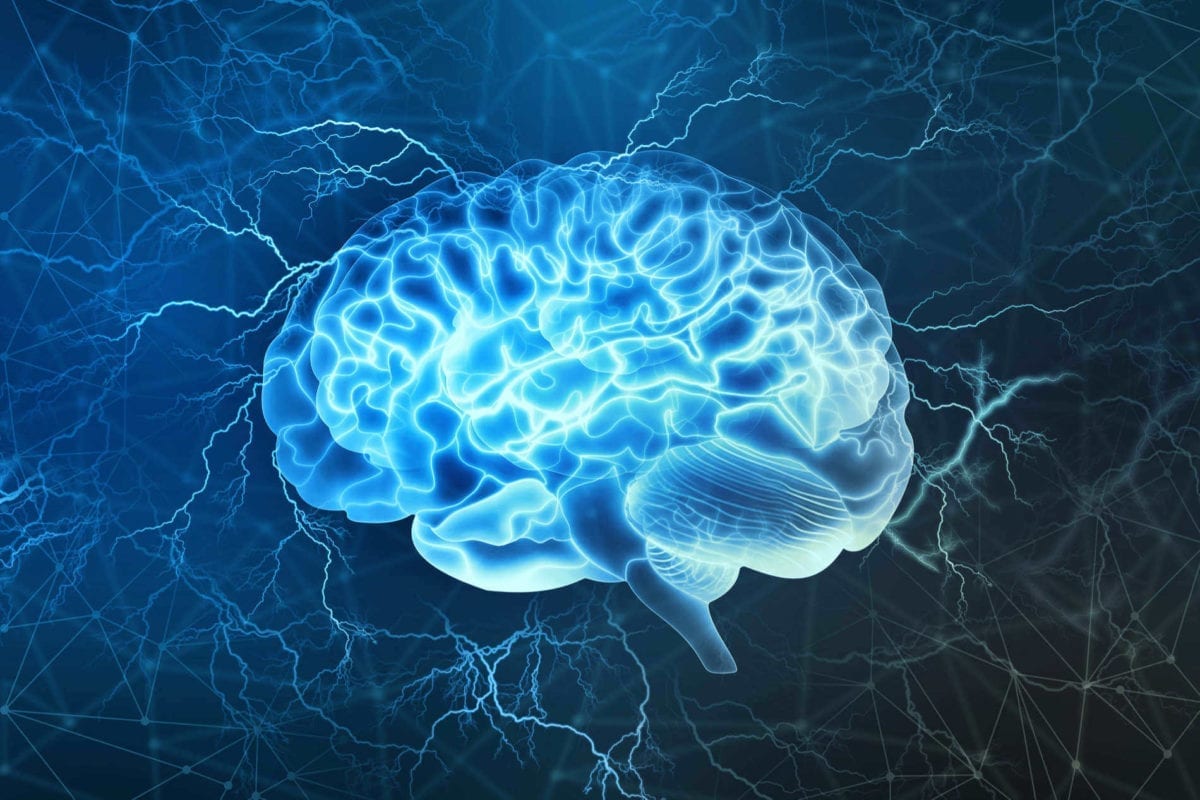
However, studies from Ireland showed increased BBB leakage in patients experiencing brain fog up to a year post-COVID-19 infection (via ABC News).
This leakage could lead to brain inflammation, contributing to cognitive issues.
Inflammation and Immune Response
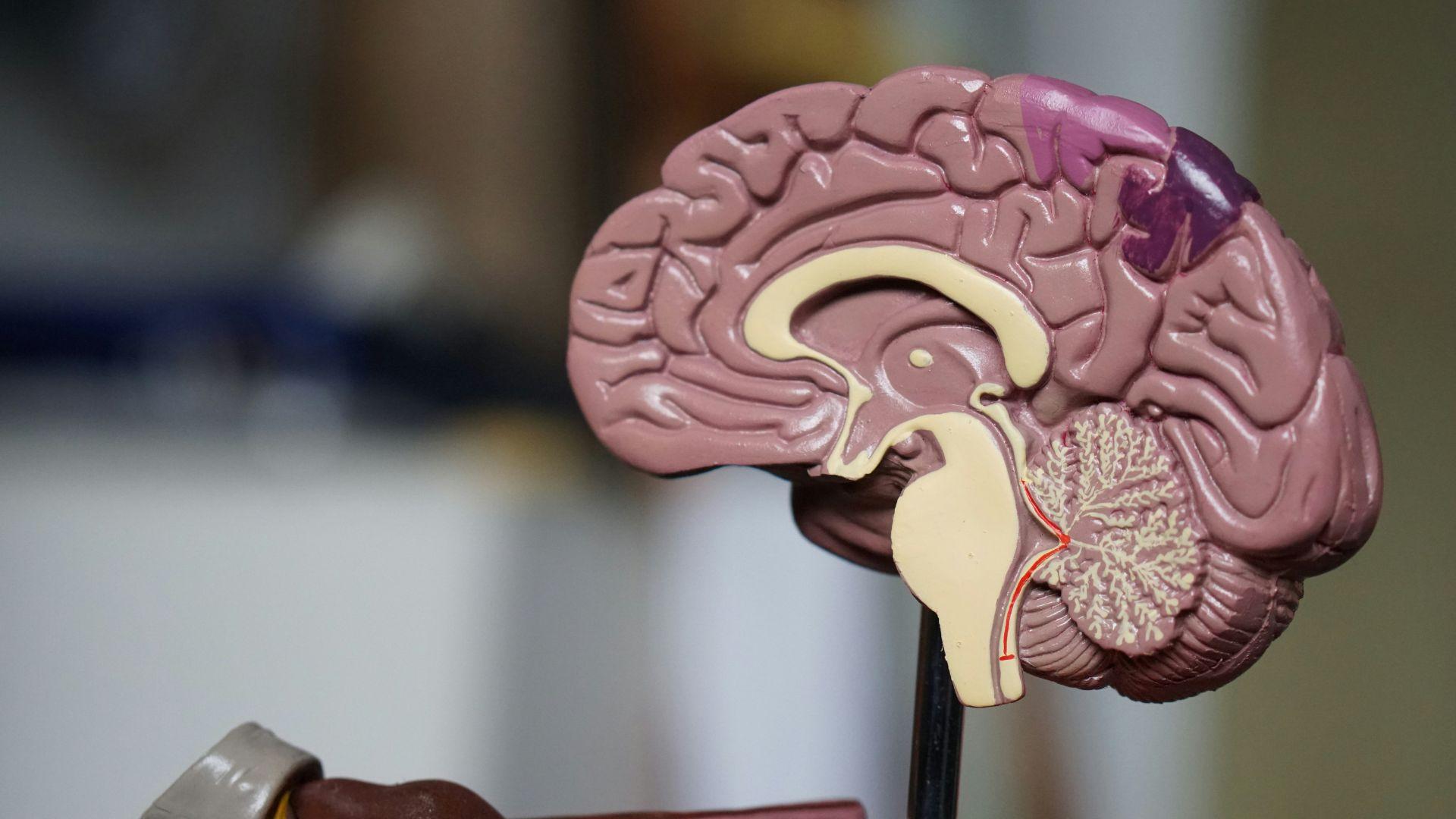
Researchers have found that long COVID can trigger an abnormal immune response, leading to inflammation throughout the body and brain. This inflammation can affect brain function, causing symptoms of brain fog.
In speaking with Medical News Today, Dr. Scott Kaiser said, “Because this is all a relatively new phenomenon, the overall understanding continues to evolve. There are many potential pathways — reduced oxygen delivery, reduced blood flow, an attack by the immune system on healthy brain cells or an actual invasion of infectious cells into the brain, or inflammation affecting brain cells — and a combination of multiple factors may be at play.”
MRI Scans Illuminate the Issue

Dynamic contrast-enhanced magnetic resonance imaging (DCE-MRI) has provided concrete evidence of the leaky blood-brain barrier in individuals with long COVID-related brain fog.
By comparing brain scans from before and after a COVID-19 infection, researchers have been able to visualize the extent of the barrier’s dysfunction. This breakthrough offers a new method for diagnosing and understanding the biological underpinnings of brain fog.
Genetic Factors at Play

RNA analysis from the recent study also highlighted changes in gene expression associated with immune cells, specifically T cells, in long COVID patients.
These alterations suggest that brain fog could also be driven by genetic factors influencing the body’s immune response. Understanding these genetic factors is crucial for developing targeted treatments for cognitive symptoms.
The Role of Microclots and Serotonin
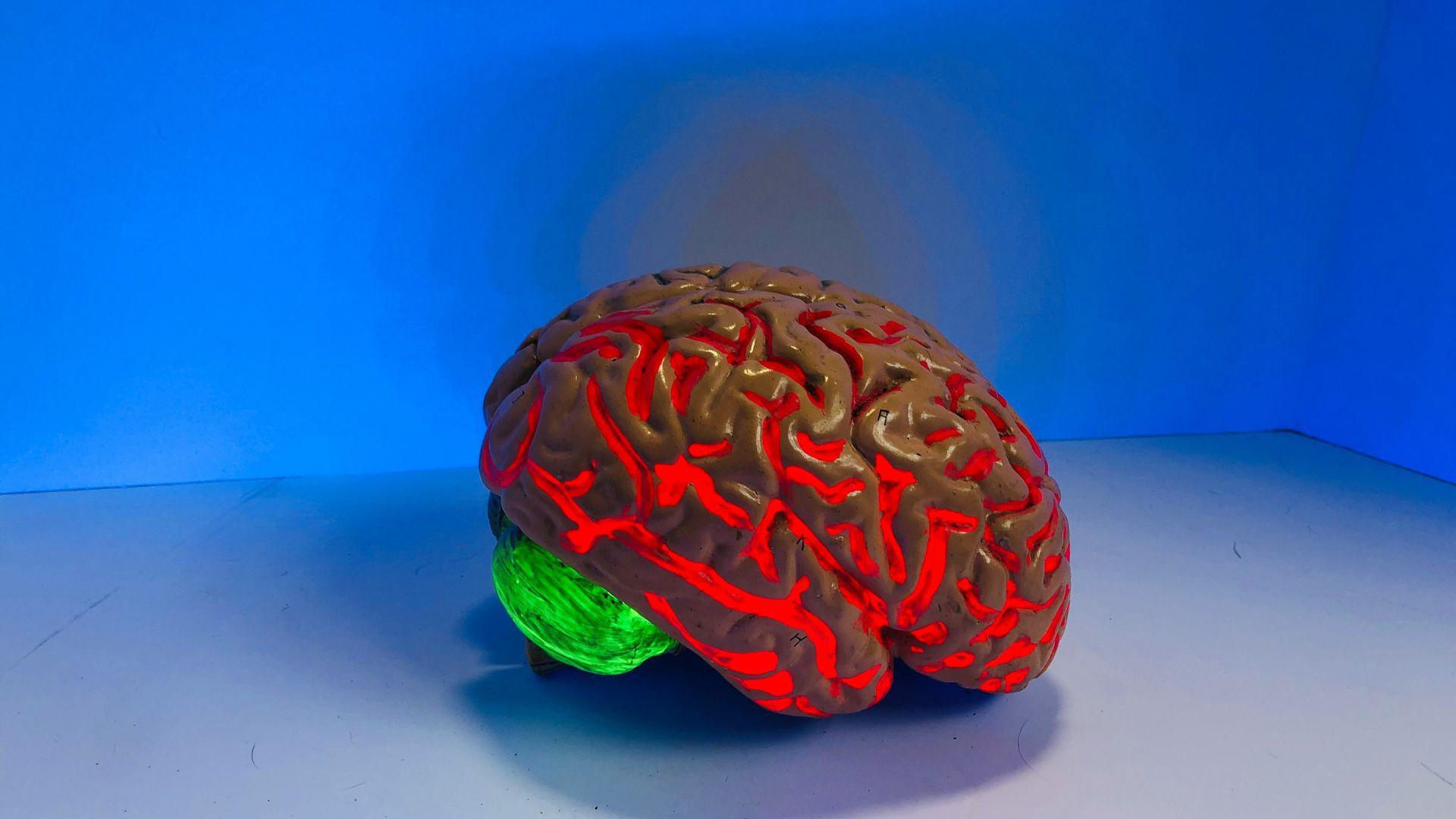
Apart from BBB disruption, other mechanisms like microclots and serotonin levels are under investigation.
Microclots can reduce blood flow to the brain, impairing its function, while COVID-19 may also disrupt serotonin, a neurotransmitter associated with mood and cognition. These factors could contribute to the brain fog experienced by long COVID sufferers.
Potential for Diagnosis and Treatment

This new understanding opens the door to potential diagnostic tests and treatments for long COVID brain fog. By identifying the physiological changes associated with cognitive symptoms, health care professionals can develop strategies for early detection and management.
This could lead to better outcomes for those struggling with the long-term effects of COVID-19.
The Prevalence of Brain Fog
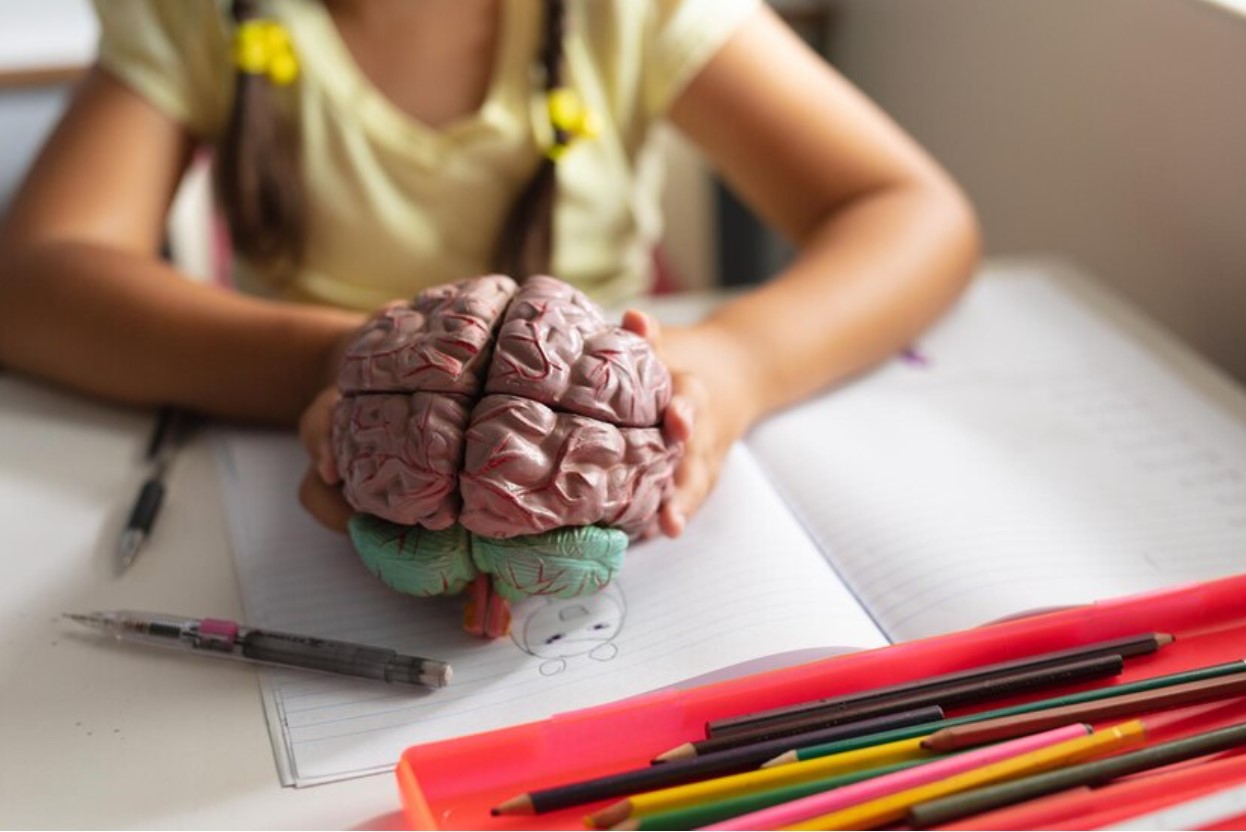
Over a fifth of people who’ve battled COVID-19 report cognitive impairments lasting more than three months.
Known as “brain fog,” this condition can severely affect daily functioning and quality of life. The sheer number of people affected underlines the urgent need for effective diagnostics and treatments.
Beyond Brain Fog: Long COVID’s Reach
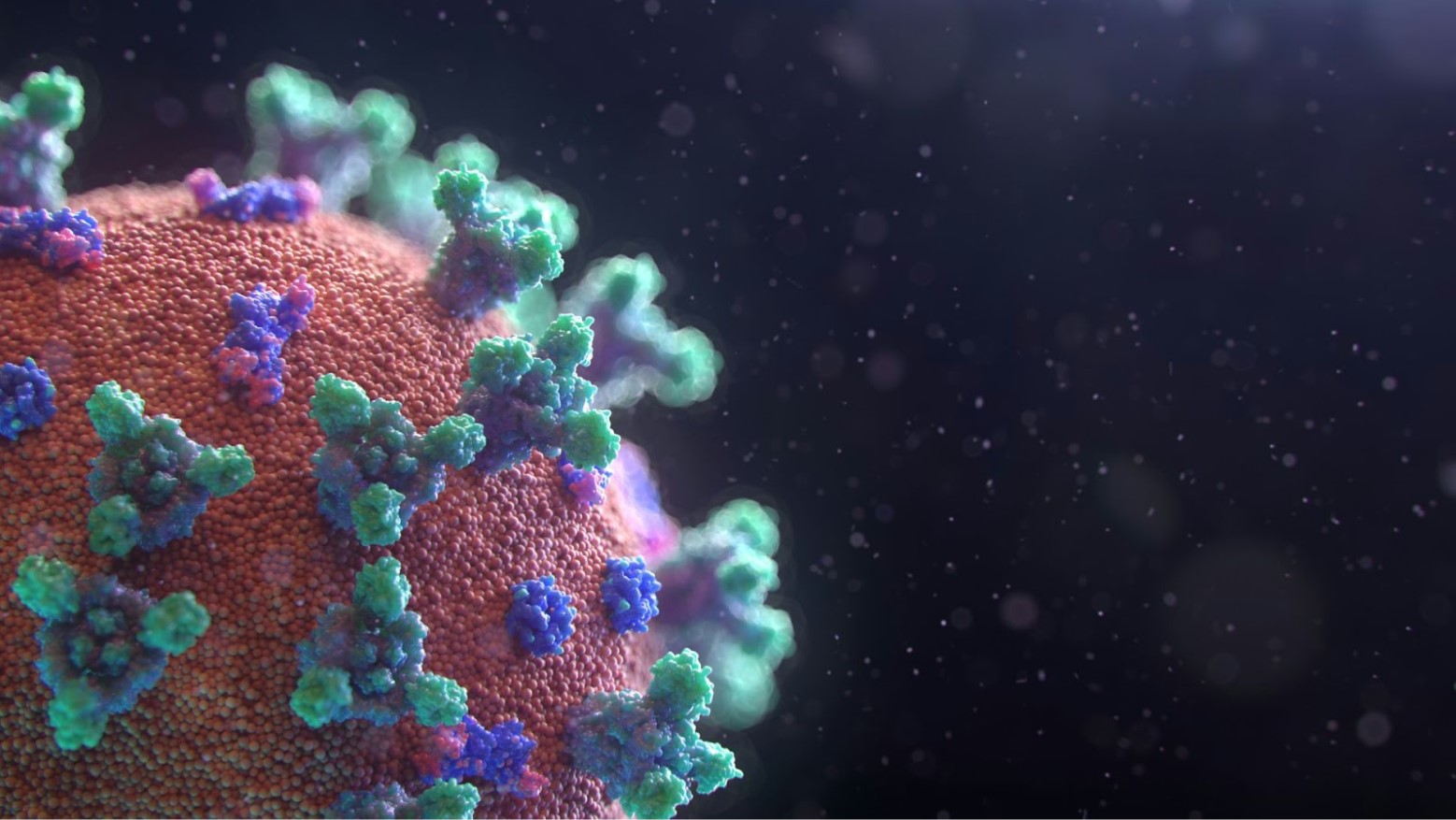
Long COVID doesn’t just affect the brain; it can manifest in over 200 symptoms affecting various body systems.
From heart and lung issues to gastrointestinal and neurological problems, the impact of long COVID is widespread. This complexity makes it challenging to diagnose and treat, reinforcing the need for comprehensive research and patient care strategies.
Coping with Cognitive Symptoms

For those grappling with brain fog, professionals suggest lifestyle adjustments such as maintaining a healthy diet, engaging in regular exercise, practicing good sleep hygiene, and managing stress.
While these measures don’t cure long COVID, they can help alleviate some symptoms and improve overall well-being.
The Importance of Vaccination and Prevention
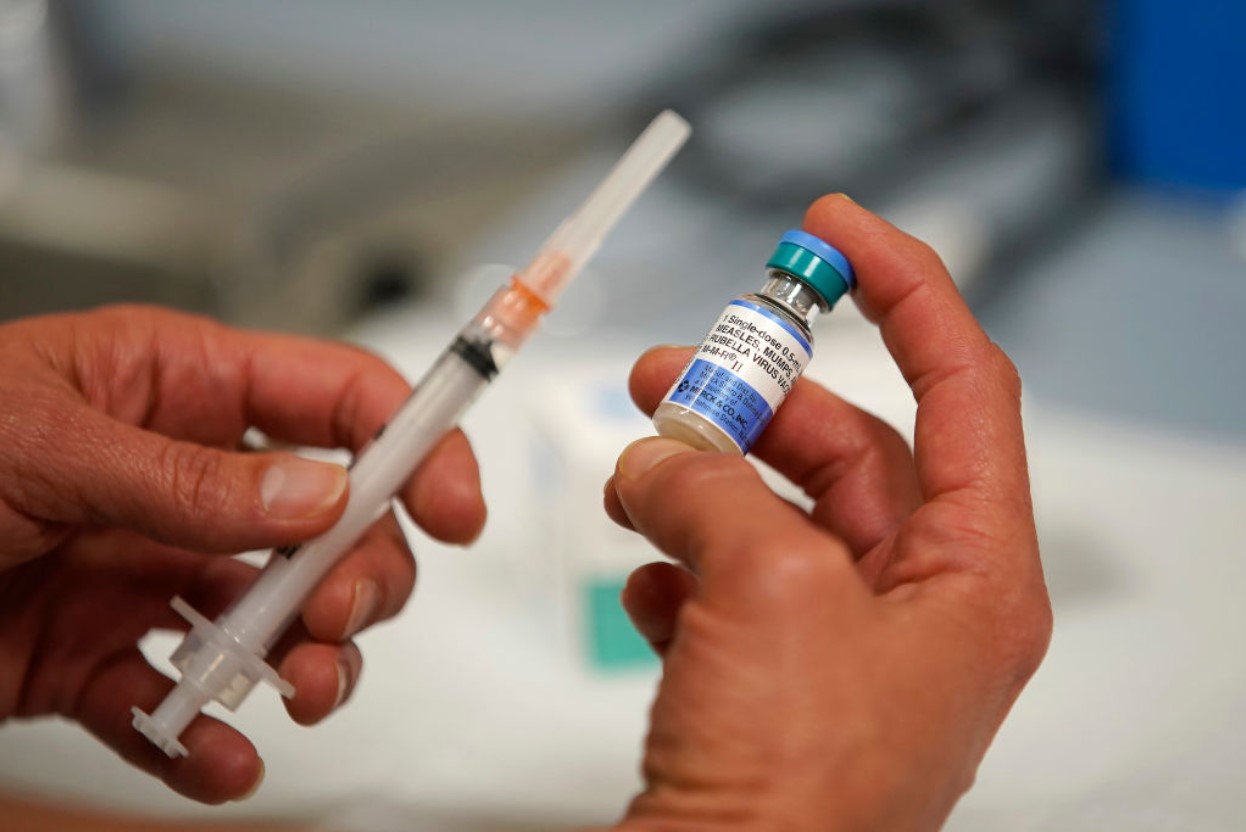
Emerging evidence suggests that vaccination and early antiviral treatment may reduce the risk of developing long COVID and its associated brain fog.
As research continues, preventing initial infection remains vital in the fight against long-term complications. Public health measures and vaccination campaigns are key components in this effort.
Looking Forward: Research and Recovery

As we learn more about long COVID and brain fog, the goal is to translate this knowledge into effective treatments and preventive strategies.
The scientific community’s ongoing research efforts are crucial for understanding and ultimately overcoming the long-term impacts of COVID-19.








































